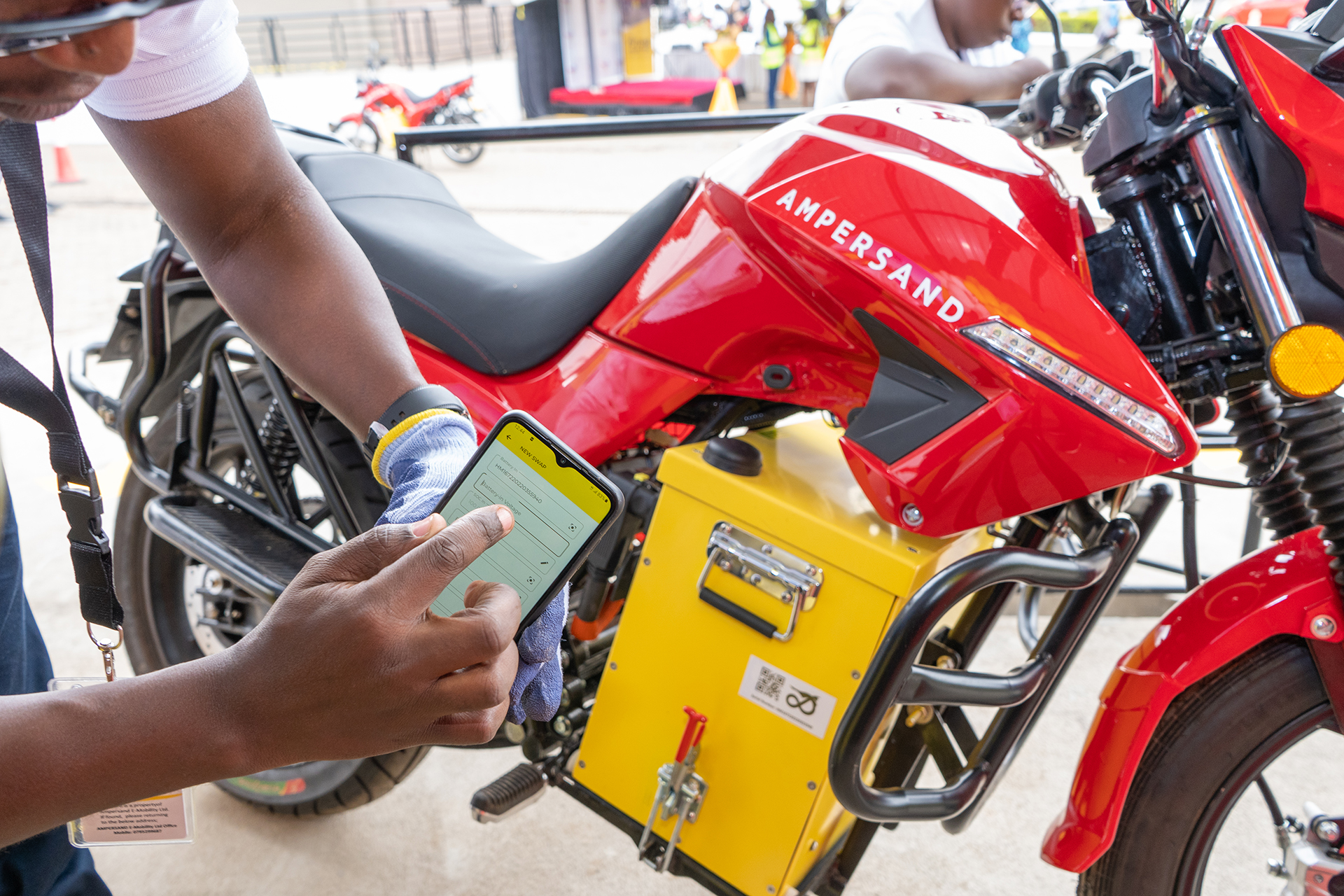South Africa’s new energy vehicle (NEV) market is experiencing a significant surge, with sales reaching 3,042 units in the first quarter of 2024, marking an impressive increase of nearly 83% compared to the same period last year.
This growth reflects a broader trend towards electric mobility in the country, driven by both consumer demand and government initiatives.
As the NEV market expands, it is essential to examine the socioeconomic implications of this transition. The rise of the NEV market presents various job creation and economic opportunities.
The manufacturing sector stands to benefit greatly from local production of electric vehicles and their components. This shift could lead to the establishment of new factories and supply chains, boosting employment opportunities.
Additionally, as more electric vehicles hit the roads, there will be a growing demand for skilled technicians and service centers specializing in maintenance and repair.
Entrepreneurs can also seize opportunities by establishing charging stations, which will be crucial as the number of NEVs increases.
Urban mobility is set to change significantly with the rise of electric vehicles. Cities will need to adapt their planning and infrastructure to accommodate this new mode of transport.
Investment in charging stations and maintenance facilities can revitalize underdeveloped areas, providing economic benefits to those communities.
Furthermore, integrating electric buses and taxis into public transportation systems can enhance urban mobility while reducing emissions.
The environmental benefits of increased NEV adoption are substantial. With more electric vehicles on the road, South Africa can expect a reduction in greenhouse gas emissions, contributing positively to global climate goals.
Improved air quality is another significant advantage, as fewer emissions lead to healthier urban environments. This aligns with South Africa’s commitments to international climate agreements aimed at reducing pollution and promoting sustainability.
HAVE YOU READ?



